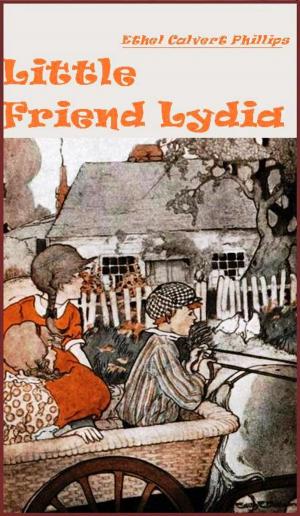The History of Yiddish Literature in the Nineteenth Century (Illustrated)
Fiction & Literature, Historical, Literary| Author: | Leo Wiener | ISBN: | 1230000290270 |
| Publisher: | SAVA | Publication: | January 7, 2015 |
| Imprint: | Language: | English |
| Author: | Leo Wiener |
| ISBN: | 1230000290270 |
| Publisher: | SAVA |
| Publication: | January 7, 2015 |
| Imprint: | |
| Language: | English |
This history being intended for the general public, and not for the linguistic scholar, there was no choice left for the transliteration of Judeo-German words but to give it in the modified orthography of the German language; for uniformity's sake such words occurring in the body of the English text are left in their German form. All Hebrew and Slavic words are given phonetically as heard in the mouths of Lithuanian Jews; that dialect was chosen as being least distant from the literary German; for the same reason the texts in the Chrestomathy are normalized in the same variety of the vernacular. The consonants are read as in German, and ž is like French j. The vowels are nearly all short, so that ü, ie, i are equal to German i; similarlyä, ö, eh, ee are like German short e. The German long e is represented by ē, oe, ae, and in Slavic and Hebrew words also by ee. Ei and eu are pronounced like German ei in mein, while ēi is equal to German ee; ā and o are German short o; au sounds more like German ou, and äu and ō resemble German öi; aü is equal to German ai.
This history being intended for the general public, and not for the linguistic scholar, there was no choice left for the transliteration of Judeo-German words but to give it in the modified orthography of the German language; for uniformity's sake such words occurring in the body of the English text are left in their German form. All Hebrew and Slavic words are given phonetically as heard in the mouths of Lithuanian Jews; that dialect was chosen as being least distant from the literary German; for the same reason the texts in the Chrestomathy are normalized in the same variety of the vernacular. The consonants are read as in German, and ž is like French j. The vowels are nearly all short, so that ü, ie, i are equal to German i; similarlyä, ö, eh, ee are like German short e. The German long e is represented by ē, oe, ae, and in Slavic and Hebrew words also by ee. Ei and eu are pronounced like German ei in mein, while ēi is equal to German ee; ā and o are German short o; au sounds more like German ou, and äu and ō resemble German öi; aü is equal to German ai.















